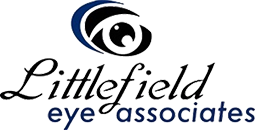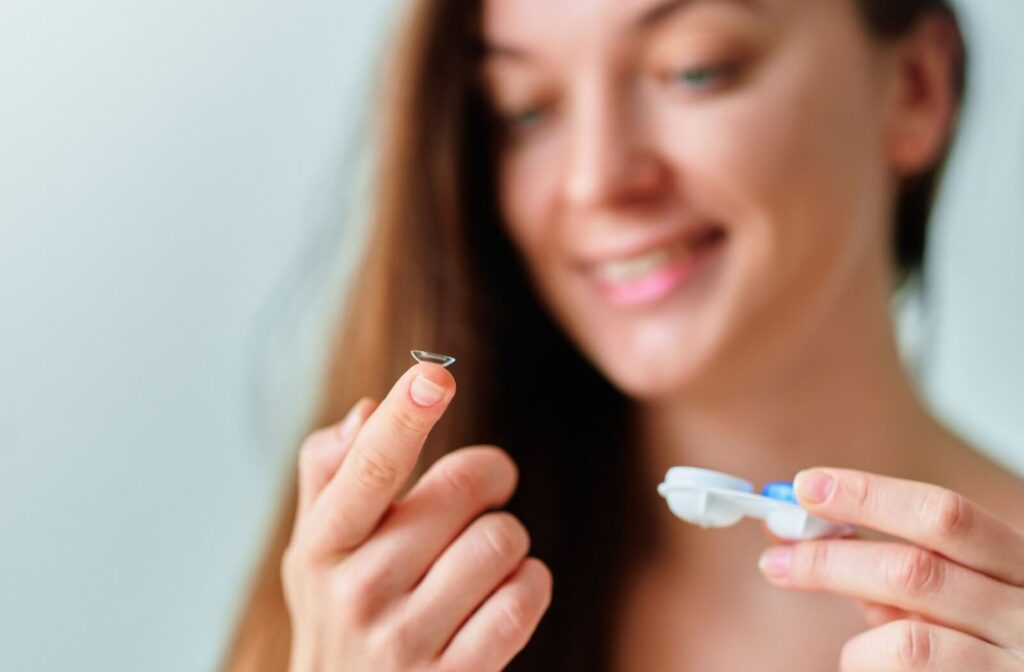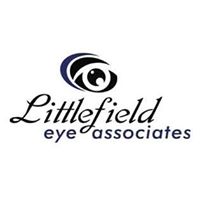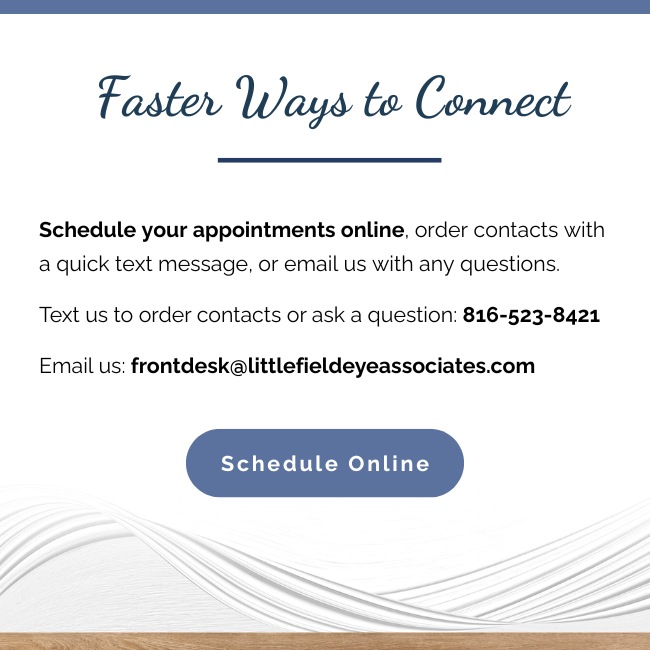Contact lenses are an essential tool for many people who need vision correction, offering a flexible and often more convenient alternative to glasses. Many individuals prefer contact lenses over glasses for various reasons, such as aesthetics, the freedom to engage in physical activities, or simply the unobstructed field of vision they provide.
However, like most products, contact lenses have expiration dates printed on the packaging. These dates serve as a guideline for when the lenses should be disposed of and replaced with a new pair to ensure optimal eye health and performance. Using contact lenses beyond their expiration date can pose risks, such as eye infections or discomfort, making it crucial to adhere to these guidelines for safe and effective use.
Understanding Contact Lens Expiration
Contact lenses are made of various materials, including soft hydrogels, rigid gas permeable (RGP) material, or silicone hydrogel. These materials have different levels of durability and can affect the lifespan of the lens.
On average, the recommended expiration date for contact lenses is around one year from the manufacturing date. However, this can vary depending on the type of lens and how it is stored.
Factors That Affect Contact Lens Expiration
Several factors can impact the expiration of contact lenses, including:
- Type of lens: Different materials have varying durability. Soft hydrogel lenses, for example, usually have a shorter lifespan than RGP or silicone hydrogel lenses.
- Frequency of use: The more often you wear your contact lenses, the sooner they will expire due to daily wear and tear from blinking, cleaning, and handling.
- Cleaning and storage habits: Proper cleaning and storage are crucial for maintaining effectiveness and extending lifespan. Poor hygiene can lead to bacteria and debris buildup, making lenses uncomfortable and potentially causing infections.
- Environmental factors: Your environment affects lens expiration. Humid climates, for example, may require more frequent replacements due to moisture buildup.
- Individual eye health: Everyone’s eyes are different. Some may produce more tears or have higher protein deposits on lenses, which can shorten lens lifespan and require more frequent replacements.
How to Tell If Your Contact Lenses Have Expired
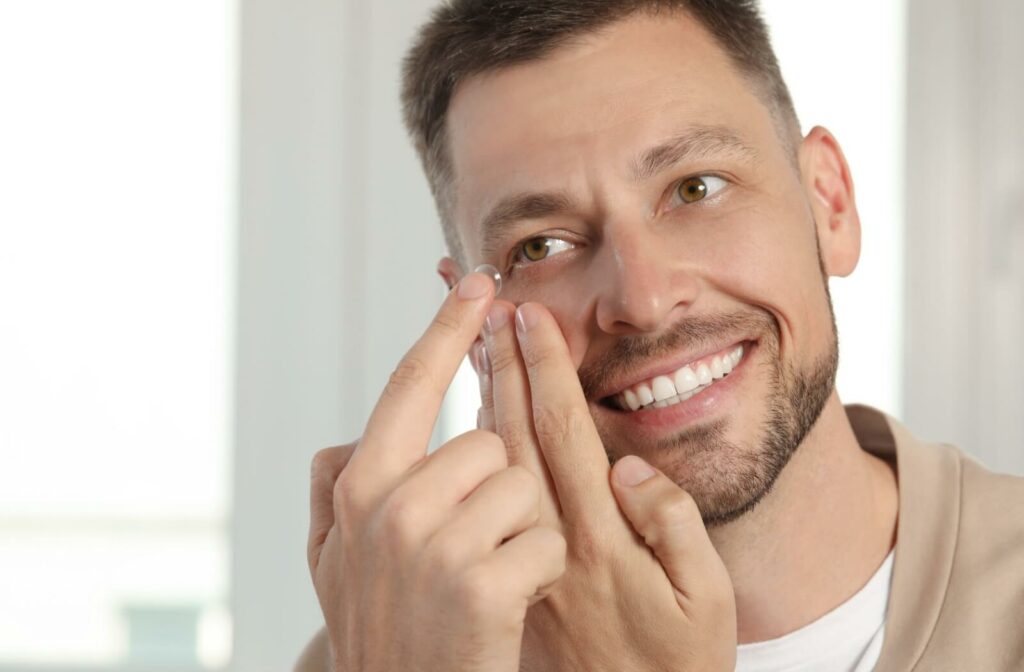
It is essential to regularly check the expiration date of your contact lenses and replace them as needed. However, if you are unsure about the expiration status of your lenses, here are a few signs that may indicate it’s time for a replacement:
- Discomfort or irritation: If your contact lenses are causing discomfort or irritation, it may be a sign that they have reached their expiration date. This could be due to protein buildup or changes in the lens material over time.
- Blurred vision: As contact lenses age, they can become scratched or damaged, leading to blurred vision. If you experience sudden changes in your vision while wearing contact lenses, it may be a sign of expired lenses.
- Redness or swelling: Expired lenses can lead to eye infections, which can cause redness and swelling of the eyes. If you notice any unusual redness or swelling, it’s best to remove your contacts and consult with an eye care professional.
- Changes in lens color: Some contact lenses are designed with a tint to help with insertion and removal. Over time, this tint may fade or change color, indicating that the lenses are past their expiration date.
- Dryness or discomfort after extended wear: Many contact lenses have a recommended wear time before they need to be replaced. If you notice your eyes feeling dry or uncomfortable after wearing your contacts for an extended period, it may be time for a fresh pair.
How to Properly Store Your Contact Lenses
To prolong your contact lenses’ life, storing them properly is crucial. Here are a few tips for storing and caring for your contacts:
- Use a clean case: Always use a clean contact lens case to store your lenses. Rinse the case with a sterile solution and let it air dry before adding a new solution and placing your lenses inside.
- Use fresh solution: Always use fresh, unexpired contact lens solution. Expired solutions can lead to contamination and eye infections.
- Don’t top off old solution: Avoid topping off old contact lens solution as it can harbor bacteria and cause eye irritation and infection.
- Avoid exposure to water: Keep contact lenses away from water, including tap, shower, and swimming pool water, as they can contain harmful bacteria.
- Clean your case regularly: Rinse your contact lens case with a sterile solution and let it air dry to prevent bacteria buildup.
- Replace your case regularly: Replace your contact lens case every three months, or sooner if it becomes damaged.
- Follow your eye doctor’s instructions: Follow your eye doctor’s specific instructions for storing and caring for your lenses to ensure eye health and safety.
In addition to proper storage and care, it’s also important to keep up with regular eye exams and follow the recommended replacement schedule for your contact lenses.
Comprehensive Eye Exams & Contact Lens Fittings at Littlefield Eye Associates
While contact lenses don’t have fixed expiration dates like perishable goods, it’s crucial to follow usage and storage guidelines to ensure eye health and safety. Always adhere to the prescribed duration. Proper care, avoiding water exposure, and regular eye doctor visits are key to preventing infections and maintaining good vision.At Littlefield Eye Associates, we offer comprehensive eye exams and contact lens fittings to help you find the perfect fit for your lifestyle. Our team will also educate you on the proper care and usage of your contact lenses. Schedule an appointment with us today and let us help you see the world clearly.
